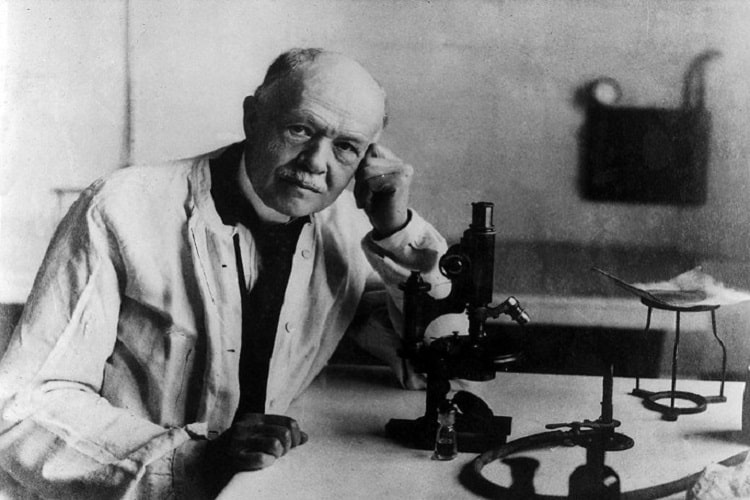Charles Nicolle (21 September 1866 – 28 February 1936) was a French bacteriologist. In 1928, Charles Nicolle was awarded the Nobel Prize in Physiology or Medicine.
Life and Career
Charles Nicolle was born on 21 September 1866, in Rouen, France. He pursued his education in medicine at the University of Rouen, where he received his medical degree in 1893.
In 1902, Nicolle accepted a position as the director of the Pasteur Institute in Tunis, Tunisia. During his time in Tunisia, he conducted extensive research on various infectious diseases, particularly focusing on typhus and its transmission.
One of Nicolle’s most significant achievements was discovering the mode of transmission of epidemic typhus. He identified that the body louse (Pediculus humanus corporis) was responsible for transmitting the disease from person to person. This discovery had a profound impact on the prevention and control of typhus.
Charles Nicolle’s work also contributed to the understanding of other infectious diseases, including malaria. He served as the director of the Pasteur Institute in Tunis and continued his research there for many years.
Charles Nicolle passed away on February 28, 1936, in Tunis, Tunisia.
Award and Legacy
Charles Nicolle was awarded the Nobel Prize in Physiology or Medicine in 1928 for his work on typhus. He was the first scientist to establish that lice were responsible for the transmission of this deadly disease.
After receiving the Nobel Prize in Physiology or Medicine in 1928, Nicolle remained dedicated to his research endeavors. He expanded his studies to include other infectious diseases beyond typhus, contributing to our understanding of diseases like tuberculosis and leishmaniasis.
Charles Nicolle’s legacy endures through his significant contributions to the field of infectious diseases and epidemiology. His research and discoveries have had a lasting impact on our understanding of disease transmission and prevention, shaping the way we approach public health challenges.

